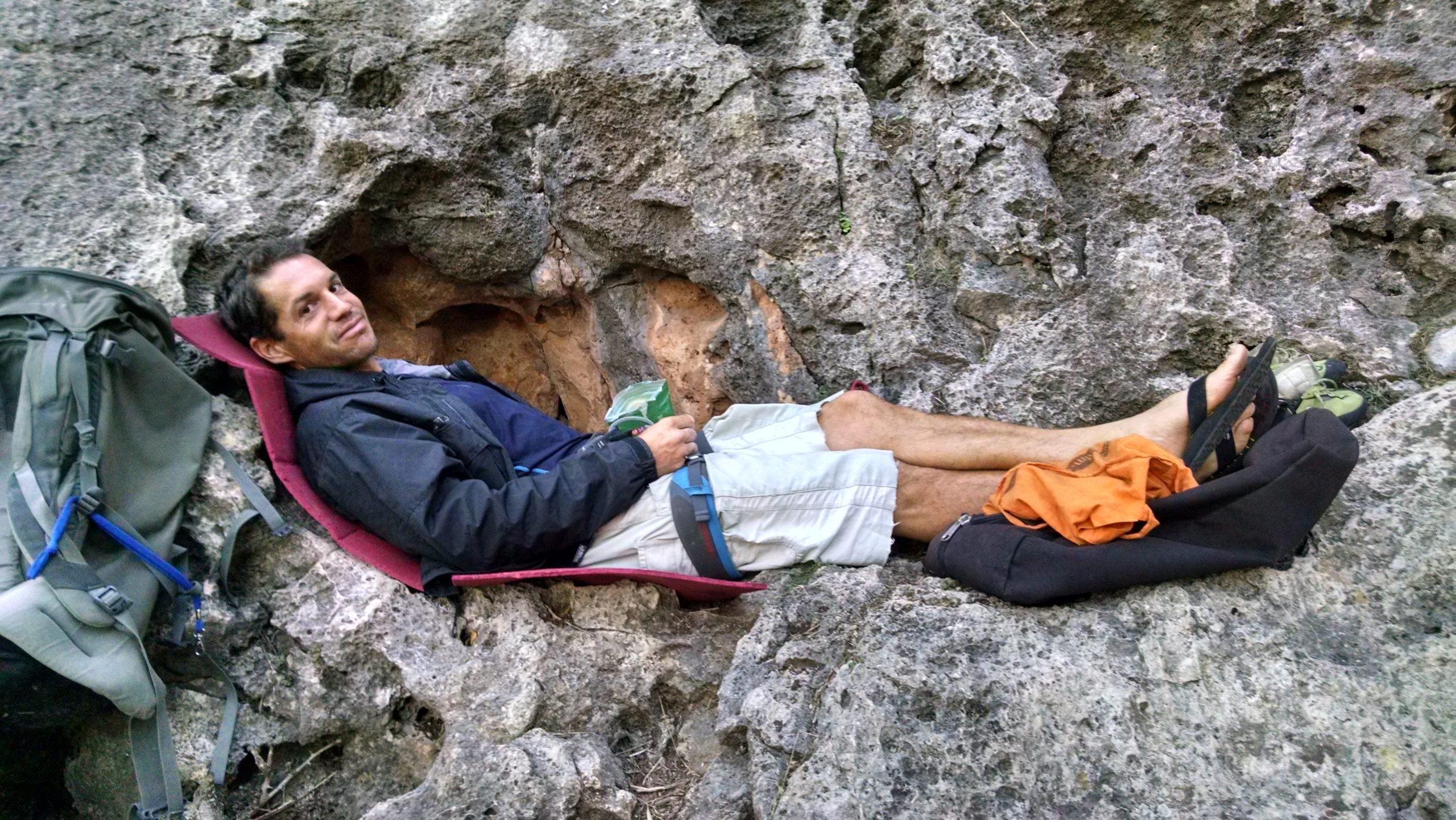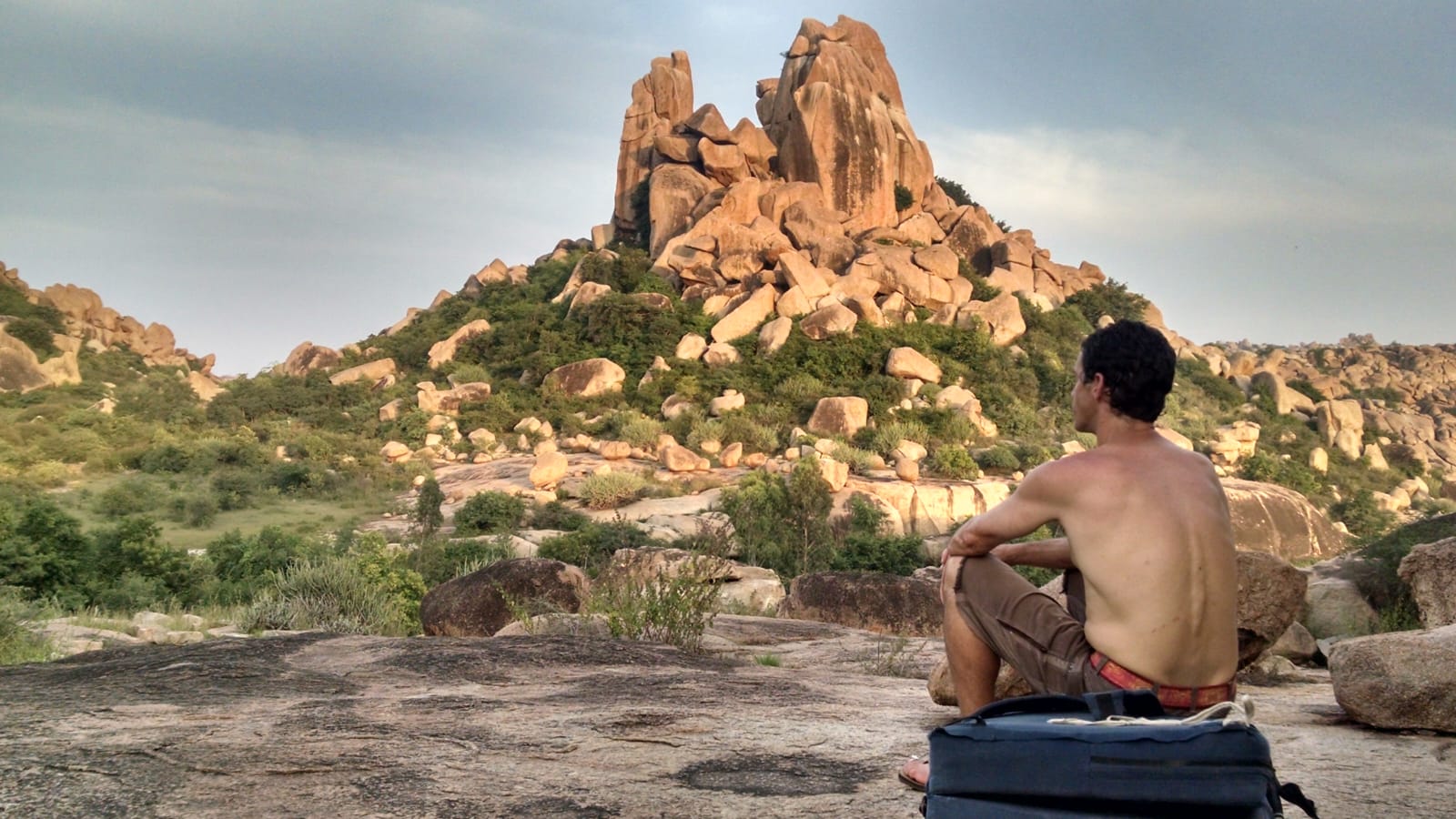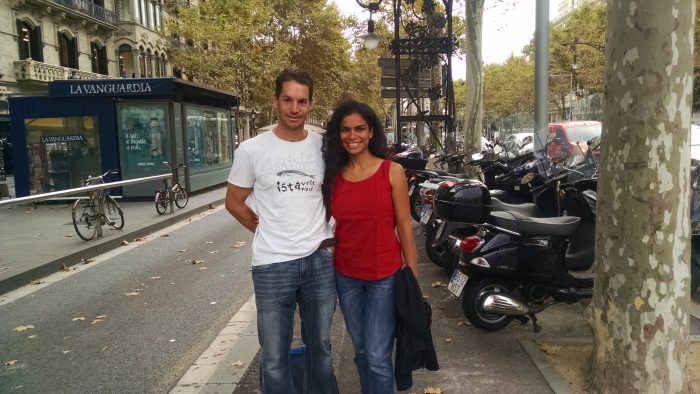{*Did you know you can write on Elephant? Here’s how—big changes: How to Write & Make Money or at least Be of Benefit on Elephant. ~ Waylon}
~
You would have been 48 this weekend.
You had wanted a home and children by the time you turned 40; you had debated whether you wanted that home on a warm Mediterranean island or a valley surrounded by the Alps, which held the rocks that grounded you and raised you at the same time.
The island you feared would bind you, curb your flight, the high-flying raven you were. The mountains held your heart, but you were also a child of the world and sometimes you felt they closed you in a bit much. You needed vastness for you were not meant to be tethered to a single place.
You had the spirit of the raven—le corbeau—always seeking high ground. Always playful and funny, and one of the only birds who do playful acrobatics and jet-like maneuvers. You’d sit hours watching them glide and tease and do tricks and frolic with other animals.
You had wanted children because that was the one “norm” you couldn’t let go, having broken every norm that could be let go, living life on your terms till your last breath. Your children would’ve been your legacy, you said. You had a visceral paternal desire, but your first and only real love were the cliffs that had stood sturdy by you, for you, with loyalty unbound. But you were scared that your love and time would be divided. You were so torn.
Finally, you didn’t have to make those choices.
You left. Too early.
Also, when you left, you really left. Last week, a new friend asked if you still talk to me. I didn’t pause; I said, no.
I don’t think you’ve spoken to me after you left. After that brief poignant conversation two nights before you died, in a window of clarity between the morphine-induced haze, as your final acceptance of your mortality. And the closure to your unfinished desires of home and family.
But I speak to you today, for the first time perhaps.
You had acceptance. You had closure.
You had said your goodbyes to those you valued.
You had untethered yourself and let go of attachments from people and things and mountains and cliffs and the elements.
You were ready. You had let go.
And maybe that’s why you didn’t speak to me after you left. Or maybe it was I who didn’t want to hold you back from wherever your next journey was.
It could also be that I wanted to let go. Practice non-attachment.
Over the past seven years, I have been asked this question several times—if you visit, if you talk to me. I’ve said no, without blinking. But last week, as I walked through the icy winds, I reflected on this question once again.
Were there signs? Perhaps.
Did I rationalize those signs? Maybe.
Did they comfort me? Yes.
Did I feel your presence?
Not in the spirit sense. But in the way that living with you, seeing you live your life completely and unexceptionally on your terms, I had come to discover what makes me feel alive and create the terms of my existence. My time with you changed me forever, and in that sense, I always feel you beside me.
The years after you left have been a journey, in fact, multiple journeys.
The early months were all numbness, operating on automaton, because I woke up each day breathing. So I lived through that day and the next.
I traveled to places that wouldn’t remind me of you, where no one knew me, found comfort in anonymity and solitude. But I did not feel. Anything.
Then it got worse when people said it would get better with time.
The next year, as the numbness wore off, I felt myself drifting, unable to look into a future beyond a few weeks, for life had given me such a tough lesson in impermanence that I had lost the ability to plan.
And then came my 40th birthday and a whole new sentiment got unlocked. I wasn’t actively hurting by this time. I wasn’t being too hard on myself. For the first time in two years, I took active decisions instead of letting the next day decide what was in store for me.
My birthday has forever changed for it was also the day of your funeral.
Each anniversary now comes with a new contemplation, new realizations. That is a gift you continue to give me, and for that I am grateful.
~
Contemplation and Reflections
One might think the emotions would settle two years in. Our emotions are not finite though.
A new thought hounded me for the next whole year. Stéph was diagnosed just before his 40th birthday and spent all of his 40th year in the shadow of cancer, briefly regaining his vigour before the cancer consumed him completely.
I spent my 40th year in the constant awareness that this could be my last year. This is the finite life he had experienced and I could be gone by the end of the year, just as well. It wasn’t a scary thought. It was a fundamental knowing that each moment I was experiencing could be the last. Each interaction could be a final one.
On one hand, this persistent reminder motivated me to live fully, but on another, it cautioned me about the futility of plans, attachments, and experiences. It did make me fully present, though.
I moved. I explored.
I came to a new continent, travelling coast to coast, making lifelong connections along the way. Progressing in my chosen vocation as it happened, drifting along—still not steering. Because I could be dead by the end of the 2019 before I turned 41, just as Steph had. I could not see beyond the immediate.
I did live every moment on my terms, though. I thrived; I embraced every moment knowing this could be the last.
I ended the year with a month-long silent retreat. As I emerged from that reflective period, I realized I had lived through my 41st birthday, something Stéphane couldn’t.
And now, suddenly I had no roadmap going forward.
I hadn’t imagined life beyond 41—the trauma of his untimely death had created a solid, almost tangible mental wall.
The grief had mellowed, and I was able to reflect on the past three years in a poignant but graceful way. But I had lost the ability to create a long-term vision, an actionable plan.
Logically and in the eyes of the world, I should’ve been ready. But I was not.
~
He would’ve been 48 this Sunday.
I can’t even visualize him as a 48-year-old—physically or behaviorally—would he be his often grumpy self, angry at the inequalities that plagued the world, or would he be crankier with no patience for the irreverent younger generation, or maybe he would be calmer, content in the knowledge that he is doing his part and that all can’t be controlled.
Would we be living in an idyllic hamlet in the Alps, with the job he had interviewed for just before his cancer came back? A job that aligned with his values of compassion, sustainability, and simplicity.
Still travelling east every autumn? Making our annual trip to the cliffs in the south of France (the only thing he liked about the French, and the bread) that were to be our summer home. Still getting excited about celebrating his birthday with Easter chocolates, hoarding and hiding them from his little nieces and eating them through the following weeks? Would he still have that much of a sweet tooth?
I have lived three different lifetimes in the past seven years.
Where would his life have taken him?
I will never know. Neither shall he.
But in the past three months since turning 45, I am constantly aware of the weight of life that he would never carry, but one that I feel on my shoulders every morning as I wake up to new choices and crossroads.
Sometimes I wonder if a longer life with fuller experiences is desirable or a short one, lived deeply and on one’s terms.
I am ready. I have no bucket list to check off. I have no regrets. I have no pending business. I live fully in the present, prepared to savour the next sunrise or stay asleep in perpetuity. I am ready.
I also know that I have no control over the length of my life.
But as I reflect on Steph’s life and then my continuing life after him, I do know that I have choices to make every single day, every moment—to be grateful or to wallow in perceived misery.
It is a reminder about acceptance, resilience, patience—the three life lessons that have repeatedly been drilled into me.
Acceptance
Acceptance that we neither control the situation nor the outcome.
That control is an illusion and its pursuit will only lead to misery.
That impermanence and uncertainty are truths of life.
That suffering is inevitable.
Life is like a sine curve, there will be crests and there will be troughs and then there will be crests again.
Patience
Acceptance that control is an illusion leads to developing patience.
Things will happen at their own time. Hard work and smart work and passion do not drive results on our terms. That is a capitalistic narrative.
Things may not happen despite practicing patience; that loops us back to acceptance.
My life’s biggest lesson has been that of patience. It is a quality that requires constant refreshers and uninterrupted practice.
Resilience
Once we’ve accepted that suffering can’t be done away with and developed patience to work through the situation without despair, then resilience is the next natural step.
When I am in the midst of a strife or an undesirable situation, I remind myself that this is the trough of the sine curve; the wave will turn and things will get better.
Also, during the good times, I stay aware that this will not last, as the laws of physics (mimicked by life) dictate, the wave will dip. This is not pessimism; this helps us be prepared and to tide over the troughs.
This is resilience.
And with these three tools in my armour, I continue to find joy even in the worst moments and look forward to the next day while living in the present.


~
{Please consider Boosting our authors’ articles in their first week to help them win Elephant’s Ecosystem so they can get paid and write more.}












Read 34 comments and reply